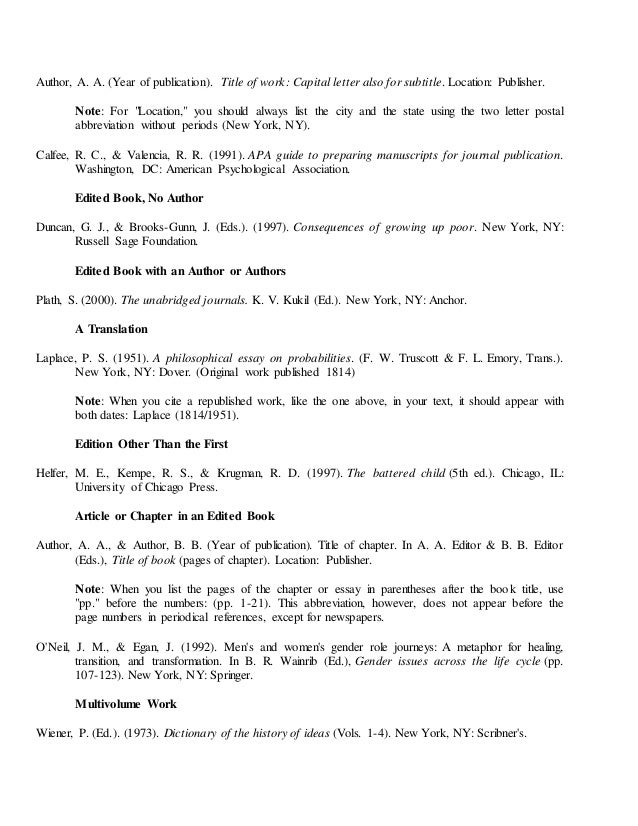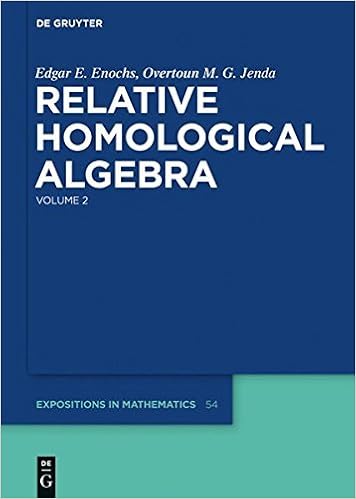

Microsoft Word (.doc/docx) (any recent version) If a manuscript is accepted for publication, KNOW does not charge authors any fees to do so however, authors of articles accepted for publication are responsible for securing permissions to republish any figures and any fees associated with obtaining those permissions and the image files required to republish them in our journal. Īs a general rule, manuscripts should have a maximum length of no more than 30 double-spaced pages (7,500 words), including notes. If you have trouble submitting your manuscript, please contact the editorial office at. Detailed instructions are available below. If the editor requests revisions, the corresponding author must guarantee that all authors have approved all changes made in the revised version.Īuthors should submit manuscripts online via the KNOW Editorial Manager system. The corresponding author is also responsible to ensure that all authors have seen and approved the final version of the submitted manuscript and have agreed to its submission for publication.

The corresponding author is responsible to ensure that all appropriate authors are named on the manuscript, including all those who made a significant direct contribution to the conception, design, execution, or interpretation of the reported study, and including no person who did not make a significant direct contribution. Any manuscript that does not meet originality requirements will be rejected. If authors have used the data, analysis, and/or words or images of others, the authors must ensure that it is acknowledged, accurately quoted, and appropriately cited. Authors are not permitted to submit more than one manuscript at a time for consideration.Īuthors are required to submit only their original work. Submitting the same manuscript to more than one journal concurrently is unethical and unacceptable, and any such manuscript will be rejected. The journal welcomes contributions that (a) aim to challenge the assumption that the modern disciplines constitute a natural division of forms of knowledge and (b) emphasize the contextual, historical, political, and social determination of all forms of knowledge.Īuthors are required to guarantee that their submitted manuscript has not been published elsewhere and is not currently under review elsewhere. KNOW investigates the construction, transmission, and contestation of forms of knowledge from antiquity to today, across disciplinary boundaries and common constellations of facts.


 0 kommentar(er)
0 kommentar(er)
